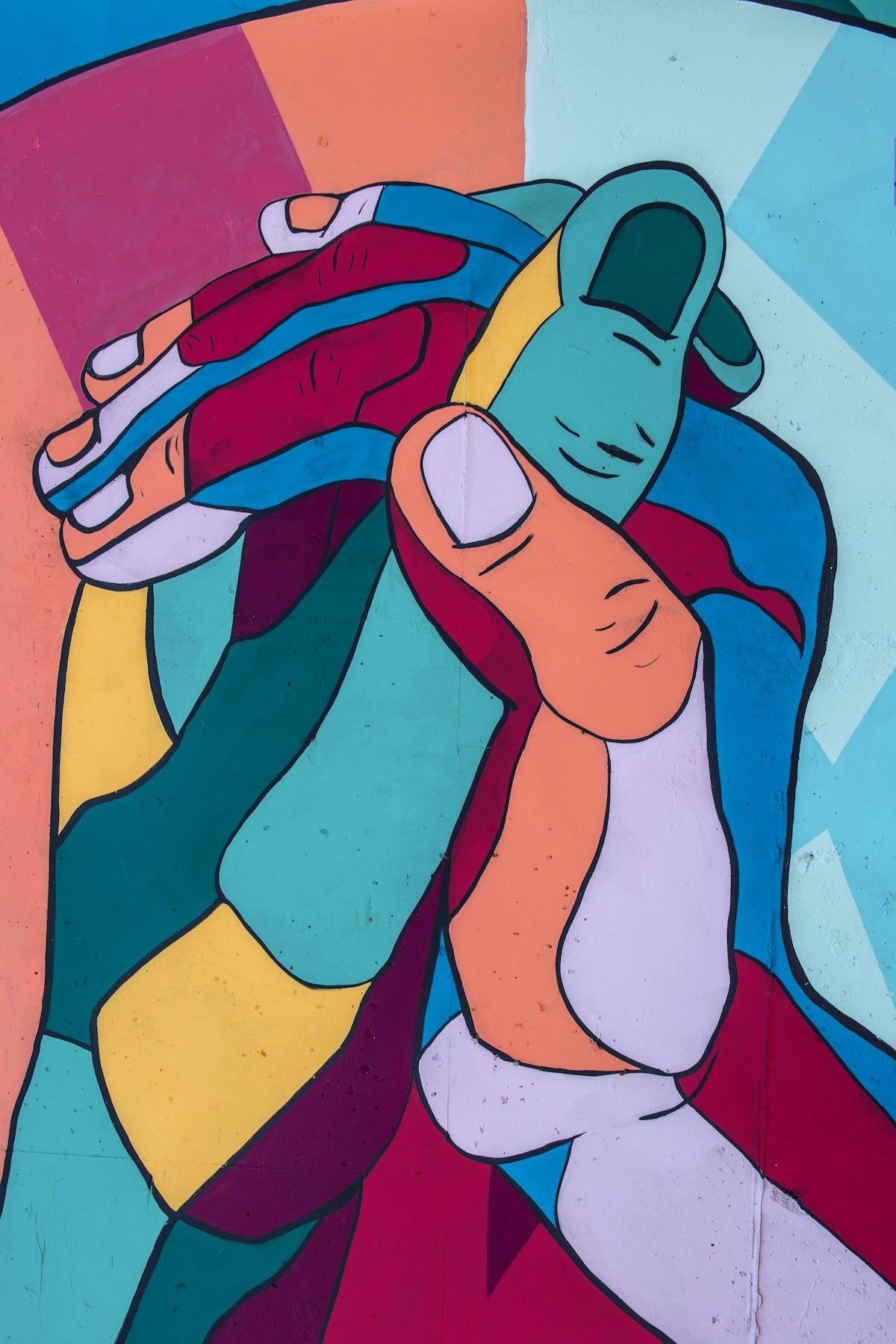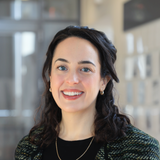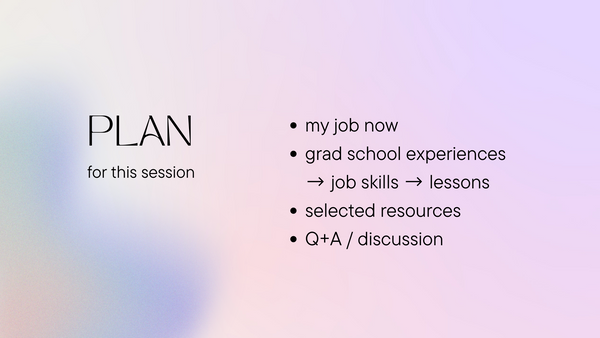Diversity, Inclusion, and Accessibility
As scholars, we might undertake some aspects of research on our own, but meaningful knowledge creation and the application of research through teaching and public engagement are collaborative efforts and benefit from input from many different types of people.

Philosophy
In Anthropology, the concepts of being situated and connection are critical. Likewise, they are central to how I see myself in the roles of researcher, educator, and colleague. I am rooted, with a point of view shaped by my own experiences and biases. But I also am integrated into social networks, and, therefore, I learn from and with others. I share the insights and privileges to which I have access and facilitate others’ opportunities and our collective growth wherever possible. As scholars, we might undertake some aspects of research on our own, but meaningful knowledge creation and the application of research through teaching and public engagement are collaborative efforts and benefit from input from many different types of people. They also should be directed toward the benefit of all.
In Research
I incorporate this social orientation and attention to my being situated by sharing my research with international and multi-disciplinary audiences, including experts and non-specialists in India and colleagues in other parts of the world. This helps me expand and check my own interpretations. Digital tools like Twitter make this increasingly convenient. I also focus on questions that relate to issues of social justice, including inequitable distribution of resources like food and water, and of economic opportunity and political power. For example, my dissertation examined development projects aimed at addressing problems of injustice related to food and the environment.
In Teaching
With students, I emphasize attention to reflexivity in the social sciences. I encourage students to enrich our collective discussion with their examples and questions, and I am honest with them about my own positions of relative privilege. I ask them to think critically about power, but also to imagine how things might be different and how they might contribute to change. Students face unique challenges based on their own positions, and I seek out opportunities to connect students with other resources they might utilize. My most recent work with a population in which many students are first-generation and balancing many non-school responsibilities has underscored the importance of being as clear as possible about my expectations and how students can meet them. I work to uncover the “hidden curriculum,” or the things many of us might assume students learn along the way in higher education, and I focus on accessibility, including use of open-access resources.
Highlights
In Service
I strive always to square the work I do with “real life” concerns, and I seek out opportunities to share my expertise outside academia through public presentations, outreach with children, and volunteering in civic groups. I foster community-classroom relationships by bringing local experts into my courses and bringing my students out into the community. I take responsibility for educating myself, speaking out, and listening to others, for example in a Campus Ally Network training, which helped me better understand LBTQIA+ issues in the local context. With colleagues, I privilege peer-mentorship, teamwork, and equity. My experience of leading through service in graduate and professional organizations and faculty committees and in peer tutoring and writing group facilitation have allowed me to practice this kind of collaboration.




